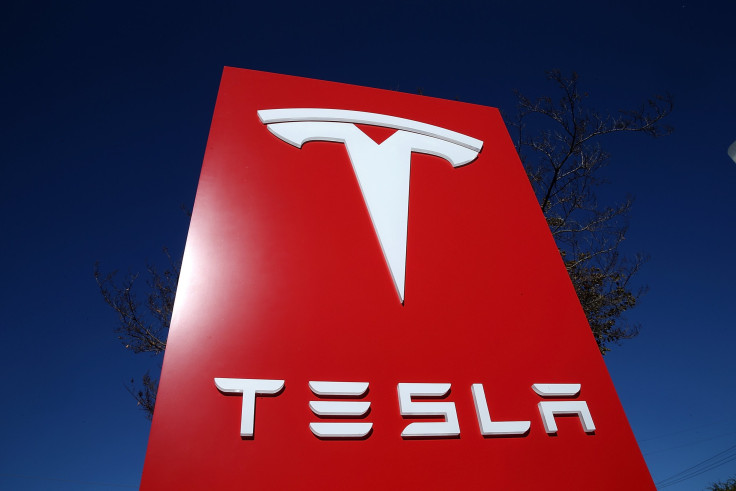Tesla Faces Roadblocks In India As Govt Insists On Manufacturing Domestically

The Elon Musk-owned Tesla is having a bumpy ride in India as the government is insisting on making Tesla cars domestically while the billionaire entrepreneur wants India to make tax concessions to debut in the Indian market.
Tesla, the most valuable automaker in the world with its market capitalization surpassing $1 trillion last year, first disclosed its India foray in 2019. Though the US-based e-car carmaker delivered nearly a million vehicles globally in 2021, a growth of 87 percent from the previous year, the second-most populous nation was left out.
Despite eyeing the growing Indian electric vehicles (EVs) market for the last three years, Tesla has not yet launched operations in India as the impasse over import duties and local manufacturing has turned into a bone of contention between India and Musk.
Whereas in China, where Tesla's started delivering vehicles at the end of 2019, it currently makes electric Model 3 sedans and Model Y sport-utility vehicles for domestic and export markets, including Germany and Japan.
On Feb. 8, the government clearly stated that no relaxation will be given to Tesla unless it manufactures in India.
Responding to a question, Krishna Pal Gujjar, India's minister of state for heavy industries, told the Lok Sabha: "...Why should we favor a company which creates jobs in China and mints profit from our markets?"
The minister informed the lower house that Tesla hasn't shown any interest in the government's schemes for electric vehicles.
Indian roads are still dominated by cheap, gasoline and diesel-powered vehicles with EVs accounting for less than 1 percent of total sales. Nearly 5,000 of the 2.4 million cars sold in India, home to 1.3 billion people, last year were electric. India's electric vehicle market was valued at $ 5.47 billion in 2020 and is expected to reach $ 17.01 billion by 2026.
The government plans to have 30 percent of private cars electric by 2030 as part of decarbonizing the transport sector. So, there is a huge opportunity to be tapped.
Tesla's plan to debut in the Indian market has been deferred due to the high import taxes on electric vehicles. India levies a 60 percent import tax on electric vehicles priced $40,000 or less and 100 percent on those priced above $40,000.
This is a headache for Tesla which sells cars starting at $44,690 (approx. Rs34 lakh) in the US. Importing it to India will see its prices going astronomically high at around $80,000. The California-based company fears the steep duties will deter it to be competitive in the cost-sensitive Indian market.
Musk is keen to make inroads into India's market. He has time and again sought a cut in import duty. In July 2021, Musk tweeted for temporary tariff relief for electric vehicles, as Indian "import duties are the highest in the world by far of any large country."
Later, top honchos from Tesla met with government officials in a closed-door meeting. But the impasse continued. However, the government refused to oblige with any kind of rebate. It has, instead, asked that the US company manufacture electric cars in India before any tax sops are considered.
Musk has in the past said a factory in India is quite likely if Tesla can first test the waters by importing vehicles.
Since 2019, the tiff has been ongoing as Tesla wants to sell completely finished products in India while the government wants to bring complete knocked down products, which attract a lower import levy, initially before assembling them here in India.
The Indian government is prioritizing the shift towards green mobility with the Faster Adoption and Manufacturing of Hybrid and Electric Vehicles in India (FAME) II scheme.
The government has revised GST for Indian EV makers to 5 percent compared with the 29-50 percent range applicable for internal combustion engines vehicles.
Even as Tesla is sulking, luxury carmaker Mercedes-Benz has started assembling the electric version of its flagship S-Class sedan, the EQS, in India.
As the country is pushing for its Make in India scheme, India obliging Musk anytime soon seems a tad more difficult. With one million units of EVs forecast to be sold in India in 2022, India will likely be the last bastion for Musk.
Earlier, the Indian government had pulled up Musk-owned Starlink, the Indian arm of SpaceX, for taking pre-bookings without authorization to offer broadband services in the country. Starlink was forced to refund the deposit it had collected from 7,000-odd Indian consumers.





